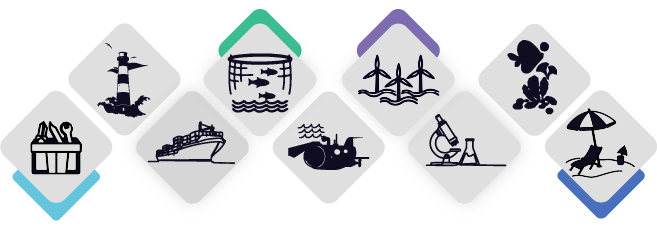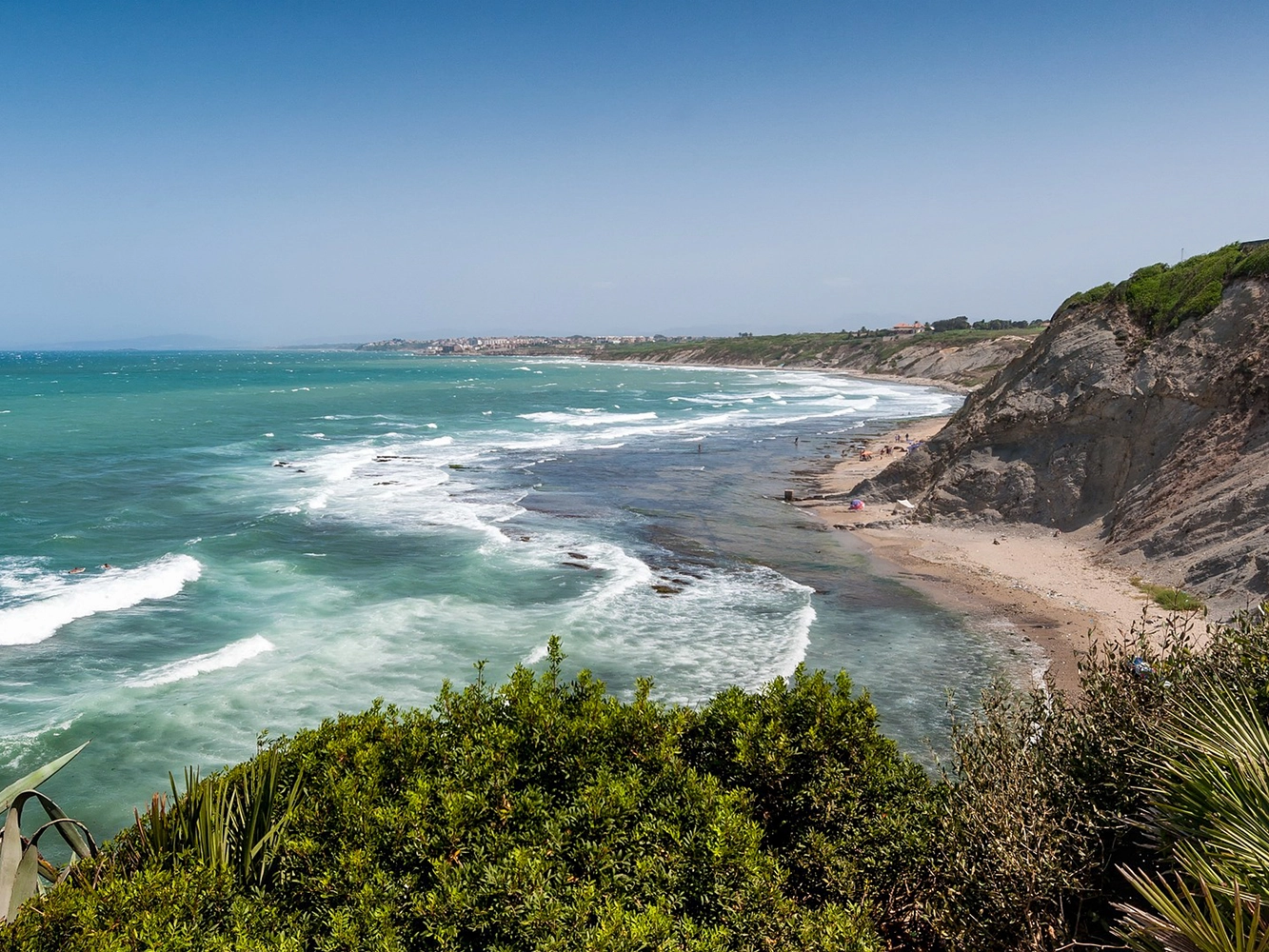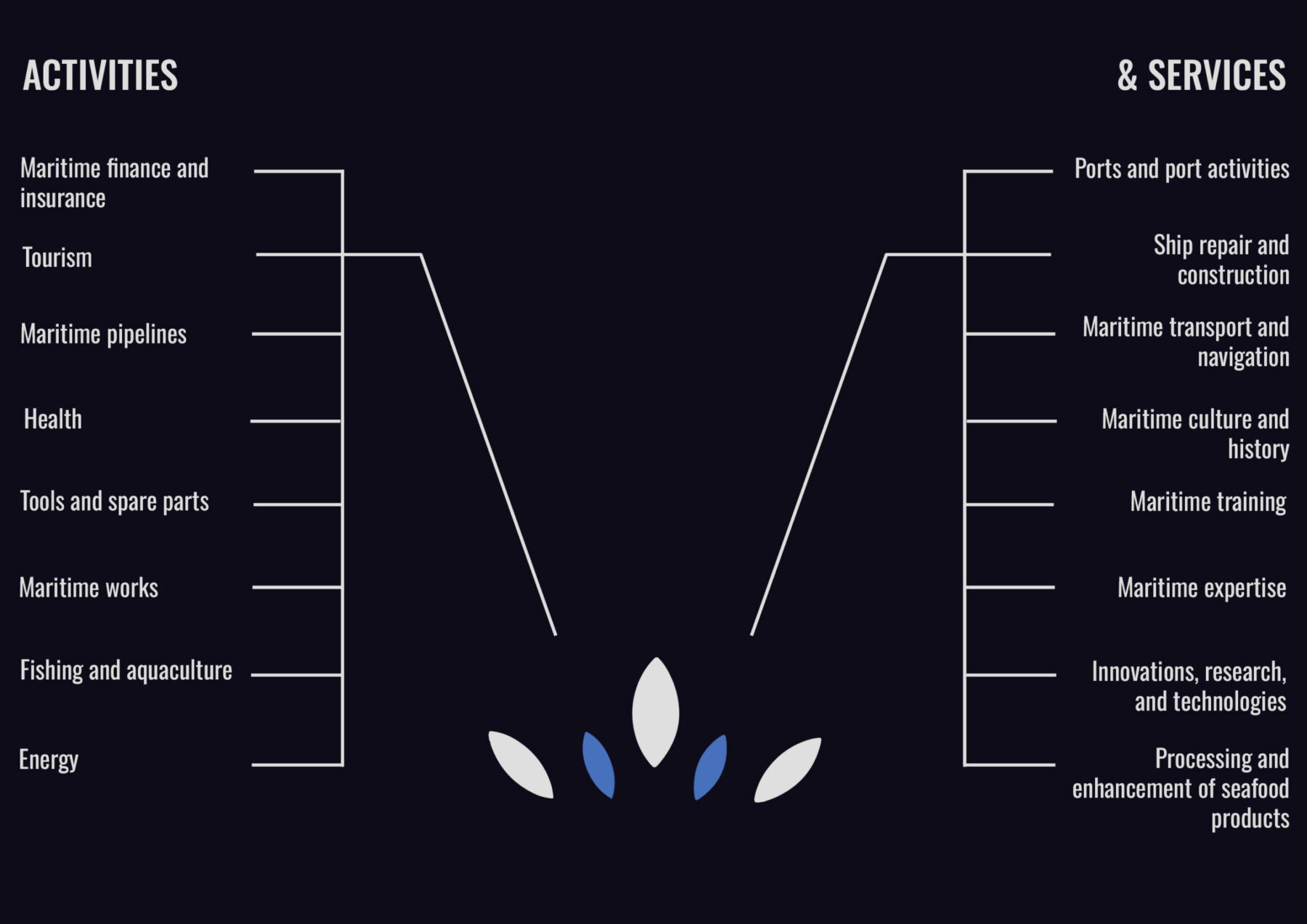

With a 1,280 km maritime coastline and a 2,148 km-long shore, the sea and coastal areas offer a space of real economic opportunities for Algeria. High-potential sectors include living marine resources for various food, health, and biotechnological applications, as well as conventional and non-conventional marine energy sources and maritime mineral resources, which remain largely unexplored and untapped. This maritime space also serves as a key driver for citizen well-being through leisure, recreation, and tourism activities. Additionally, as a significant carbon sink, the maritime environment holds a vital natural capital essential for both human health and the health of natural ecosystems.
It is currently estimated that the number of direct jobs in marine-related professions in Algeria is around 200,000 to 250,000, mainly in fishing and aquaculture, coastal tourism, energy, port activities, and maritime navigation. However, the potential for the next 10 to 15 years is estimated at 50,000 to 100,000 new jobs. When considering services and other industrial activities dependent on the sea, such as seafood processing, spare parts manufacturing, transport, and training, the number of jobs linked to the sea and coastal areas could reach 700,000 to 800,000.
Activities related to tourism and the informal economy are also major drivers of seasonal employment. Although there are no official estimates on the number of seasonal jobs created each summer on beaches, in coastal cities, and at sea, it can reasonably be assumed that this number is significant.
In its commitment to making the maritime sector a driver of development and economic diversification, Algeria has adopted a 2030-2035 vision and sectoral strategies to strengthen its maritime potential. This vision combines exploration, sustainable resource exploitation, and the preservation of ecological balance, fully with the country’s international commitments in terms of sustainable development goals,

vision also places economic, social, and ecological resilience at the core of the new approach undertaken by public authorities in Algeria. Finally, this vision gives top priority to science, youth, innovation, entrepreneurship, and international openness.

